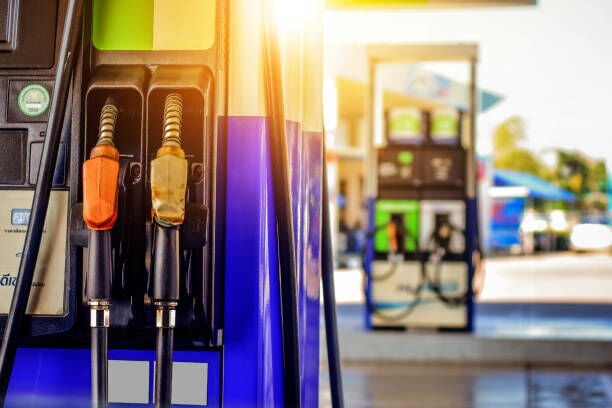Thailand’s oil refineries ready to market eco-friendly Euro5 diesel

Thailand’s oil refineries are gearing up to market their new eco-friendly diesel that complies with the Euro5 environmental emission standard. This standard was put into effect on the first day of the year, according to the Federation of Thai Industries (FTI).
The Euro5 standard, set to replace Euro4, will apply to B7 and B20 bio-diesel, which contain 7% and 20% palm oil-derived methyl ester respectively.
For a transition period of three to four months, petrol stations will be permitted to sell Euro4 diesel, currently used by motorists, before it is entirely replaced by Euro5 diesel. This was stated by the Department of Energy Business.
The Petroleum Refining Industry Club of the FTI confirmed that oil companies, that are FTI members, are prepared to sell their new oil products. These companies have invested more than 50 billion baht (US$1.4 billion) to upgrade their oil refineries and expand their refining capacities.
Bangchak Corporation Plc has been manufacturing oil with low sulphur content, meeting the Euro5 standard, since December of the previous year. The company successfully brought down the sulphur content to less than 10 parts per million while also enhancing the oil quality. Bangchak also aims to sell oil that generates less pollution by reducing the sulphur level in gasoline.
Thai Oil Plc, the largest oil refinery in the country by capacity, is in the process of constructing a new oil refinery facility as part of the Clean Fuel Project (CFP). As per the CFP, Thai Oil aims to enhance its oil refining capacity from 280,000 barrels a day to 400,000 barrels a day.
The company also intends to upgrade fuel oil to products of higher value, which include diesel and jet fuel. This was stated by Bandhit Thamprajamchit, the chief executive of Thai Oil.
The company plans to increase the production of oil that aligns with the Euro5 standard and reduce the production of fuel oil, commonly used in sea transportation. The CFP development, which required a budget of US$4.8 billion (167 billion baht), began in 2019 and Thai Oil’s new oil refinery initiated partial commercial operations in the preceding year, reported Bangkok Post.
The appropriate price for Euro5 diesel is still under discussion by the authorities, as shared by an anonymous official from the Department of Energy Business. Oil refineries had previously stated that Euro5 diesel would entail an extra cost of 0.5 baht (US$0.014) per litre, which led the Energy Policy and Planning Office to develop a new diesel price structure.
In related news, Thailand’s push for sustainable aviation fuel (SAF) took flight, aiming to reduce carbon emissions in the aviation industry.
Latest Thailand News
Follow The Thaiger on Google News:


























